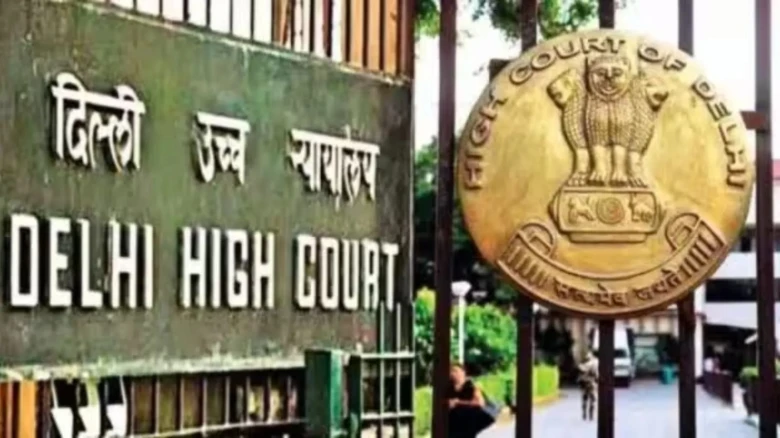National

Justice Anup Jairam Bhambhani, without specifying reasons, recused himself from the case.
Digital Desk: A judge from the Delhi High Court has opted out of presiding over a petition by an NGO demanding compensation from the British Broadcasting Corporation (BBC) over what it claims to be a disparaging portrayal of India in its documentary titled "India: The Modi Question." The NGO asserts that the documentary tarnishes India's image, makes unfounded allegations against Prime Minister Narendra Modi, and impugns the integrity of the Indian judiciary.
Justice Anup Jairam Bhambhani, without specifying reasons, recused himself from the case.
The court has scheduled the hearing before another bench on May 22, pending approval from the Acting Chief Justice.
Earlier, the High Court had issued a notice to BBC and its local operations office based on a petition filed by the NGO Justice On Trial, headquartered in Gujarat.
The NGO alleges that BBC's documentary, comprising two episodes aired in January 2023, pertains to the 2002 Gujarat riots, a period during which Modi served as the state's chief minister.
The documentary, banned by the government upon release, has prompted the NGO to seek damages amounting to ₹10,000 crore, citing harm to the reputation of the Prime Minister, the Indian government, the Gujarat state government during the riots, and the Indian populace.
The plaintiff, registered under the Societies Registration Act, 1860, and the Bombay Public Trust Act, 1950, has filed the lawsuit along with an application under Order 33 Rules 1 and 2 of the Code of Civil Procedure, requesting permission to litigate as an indigent person due to financial constraints.
The plea alleges that the documentary contains defamatory content targeting India's reputation, the Prime Minister, the judiciary, and the criminal justice system, causing irreparable harm to their image and goodwill.
Under the Code of Civil Procedure, the plaintiff must pay a court fee, unless classified as an indigent person.
The government previously ordered the blockage of various YouTube videos and Twitter posts sharing links to the documentary, condemning it as a biased piece lacking objectivity and reflecting colonial-era perspectives.
Leave A Comment